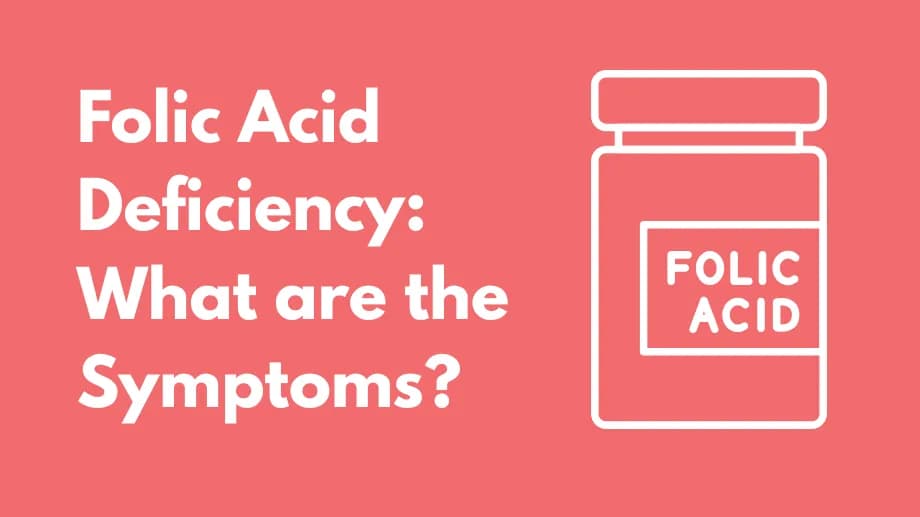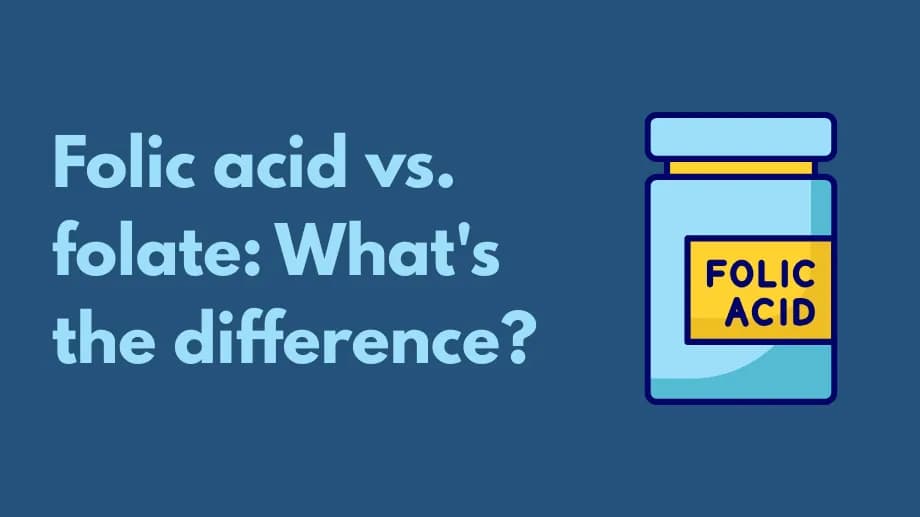Who would benefit from taking Folic Acid?

Folic acid, or vitamin B9, is essential for everyone but particularly important for pregnant women and those with certain health conditions.
Importance of Folic Acid
Folic acid is crucial for making new cells, such as red blood cells, and for the synthesis of DNA. It’s especially vital during the early stages of pregnancy for the development of the neural tube.
Benefits of Folic Acid
- Treating Folate Deficiency: Essential for those with diets low in folate or with conditions that affect folate absorption.
- Preventing Birth Defects: Crucial for reducing the risk of neural tube defects in developing fetuses.
- Enhancing Brain Health: Linked to lower risks of cognitive decline and dementia.
- Improving Mental Health: May alleviate depression and other mood disorders.
- Reducing Heart Disease Risk: Helps convert homocysteine to methionine, reducing heart disease risk.
- Potential Cancer Prevention: May lower the risk of certain cancers, though more research is needed.
Side Effects of Folic Acid
While generally safe, high doses of folic acid can cause:
- Nausea
- Bloating and gas
- Loss of appetite
- Sleeping problems
- Confusion and irritability
Recommended Daily Allowance
Adults typically need 400 mcg of dietary folate equivalents (DFE) per day. Pregnant women should aim for 600 mcg, and breastfeeding women need 500 mcg.
Foods High in Folic Acid
- Legumes: Rich in folate and other nutrients.
- Leafy Greens: Include kale, spinach, and other dark, leafy vegetables.
- Broccoli: A good source of folate and vitamins.
- Citrus Fruits: Provide vitamin C and folate.
- Eggs: Contain folate and other essential nutrients.
- Asparagus and Beets: High in folate and other vitamins.
- Seeds and Nuts: A healthy snack option packed with folate.
- Bananas, Papaya, and Avocado: Tropical fruits and avocados are great sources of folate.
Sources
- Centers for Disease Control and Prevention (CDC). “Folic acid fortification and supplementation.”
- National Institutes of Health Office of Dietary Supplements. “Folate: Fact sheet for health professionals.”
- StatPearls Publishing. “Folic Acid Deficiency.”
- Journal of the American Heart Association. “Folic acid supplementation and the risk of cardiovascular diseases.”
- MedlinePlus. “Folate deficiency.”


